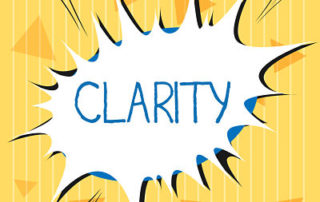What’s your exit strategy?
I’m working with an agency owner to think through his exit strategy. He’s 52 years old and doesn’t want to retire for at least 15 years. You may think he’s crazy to be planning that far out but the crazy ones are actually the ones who wait too long. Because he’s ahead of the curve, [...]










